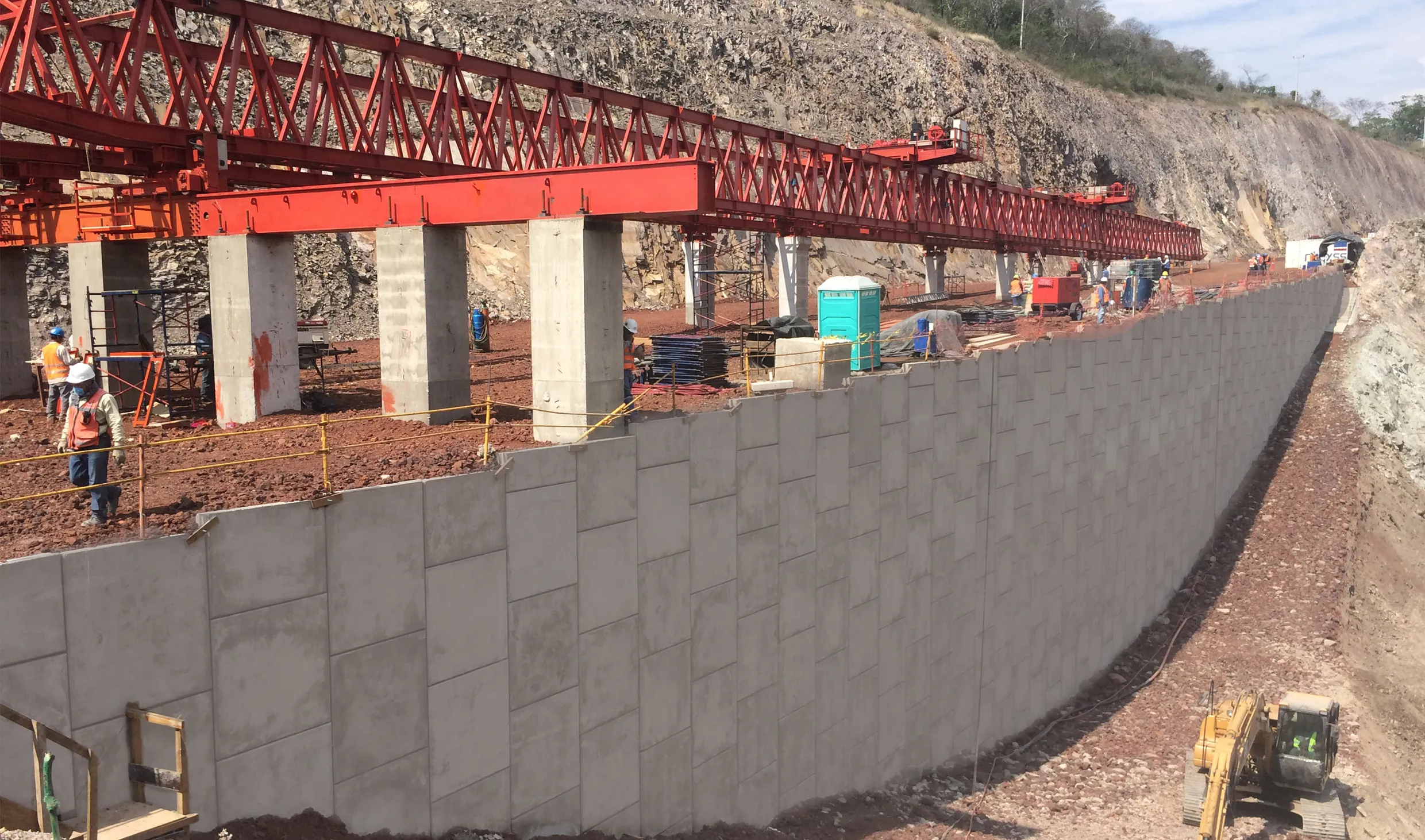Colombia's US$561 million Perimetral de Oriente de Cundinamarca4G highway concession package has received bids from four different consortia. Business News Amercas reports that this is the highest number of bidders that a 4G highway concession has received since the country’s national infrastructure agency, ANI, started receiving bids in April for its first wave of nine highway concessions. There were comparatively few bidders for the first three projects so ANI made a number of changes, including revising
June 4, 2014
Read time: 2 mins
Colombia's US$561 million Perimetral de Oriente de Cundinamarca4G highway concession package has received bids from four different consortia. Business News Amercas reports that this is the highest number of bidders that a 4G highway concession has received since the country’s national infrastructure agency, ANI, started receiving bids in April for its first wave of nine highway concessions. There were comparatively few bidders for the first three projects so ANI made a number of changes, including revising project financing options and extending bid deadlines. The Perimetral de Oriente de Cundinamarca highway was the third highway to receive bids following the announcements. Running 153km through Cundinamarca department, the highway starts in Sopó municipality and ends in Cáqueza. The project aims to alleviate traffic in the area surrounding capital Bogotá and also includes three additional highway stretches to complement the main route.
The bidders for this project are: OHL Concesiones, comprising Chilean and Colombian subsidiaries of Spain's OHL Concesiones; Autopista Perimentral de Cundinamarca made up of Colombian firms KMA Construcciones, Ortiz Construcciones y Proyectos, Equipo Universal and Valores y Contratos; Shikun y Binui-Grodco, which includes Israel's Shikun & Binui and Colombia's CI Grodco; Infraestructura Vial de Colombia, made up of Colombian firms CSS Constructores, Alca Ingenieria and Latinoamericana de Construcciones and Mexico's Controladora de Operaciones de Infraestructura.
The bidders for this project are: OHL Concesiones, comprising Chilean and Colombian subsidiaries of Spain's OHL Concesiones; Autopista Perimentral de Cundinamarca made up of Colombian firms KMA Construcciones, Ortiz Construcciones y Proyectos, Equipo Universal and Valores y Contratos; Shikun y Binui-Grodco, which includes Israel's Shikun & Binui and Colombia's CI Grodco; Infraestructura Vial de Colombia, made up of Colombian firms CSS Constructores, Alca Ingenieria and Latinoamericana de Construcciones and Mexico's Controladora de Operaciones de Infraestructura.







